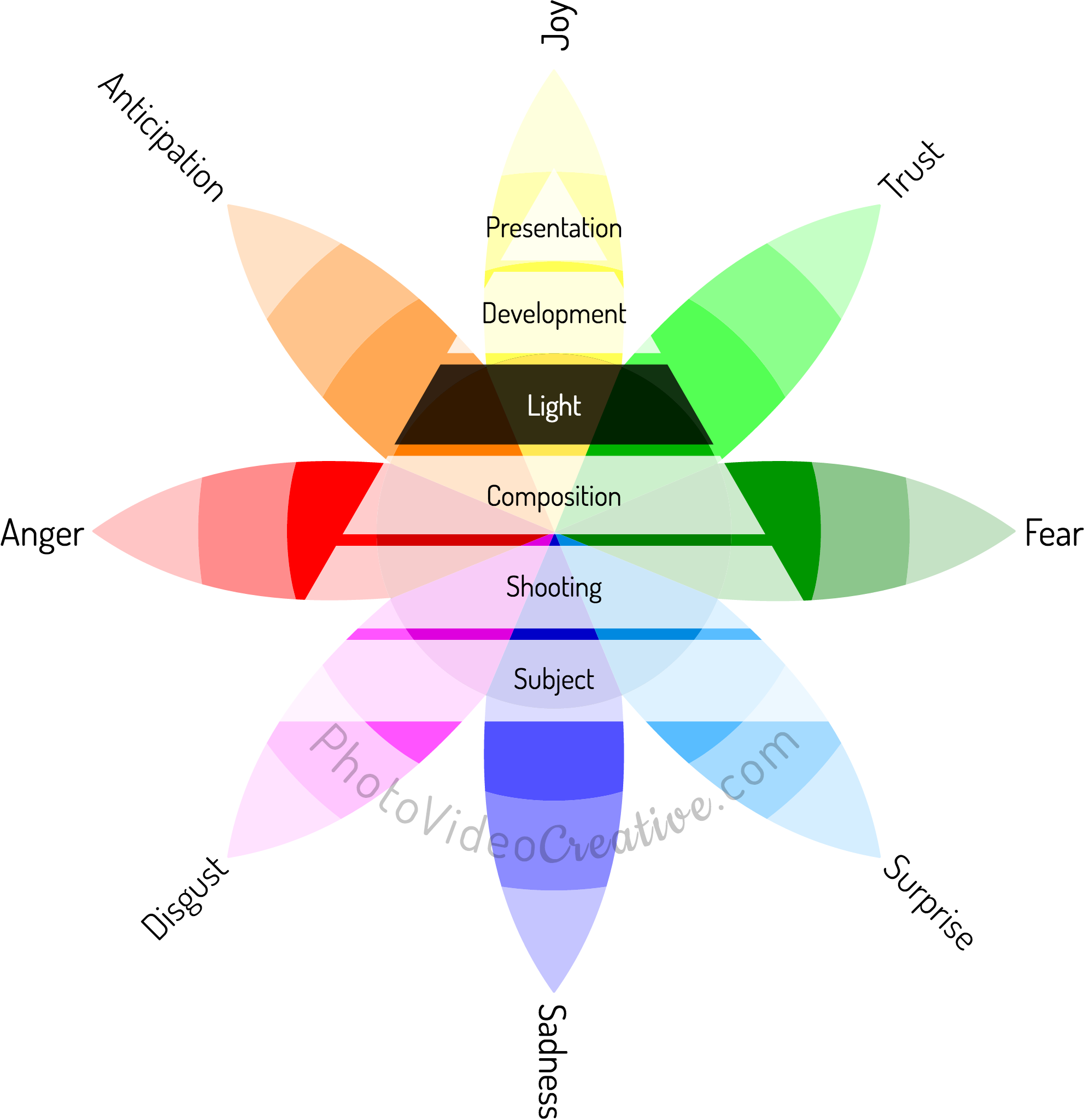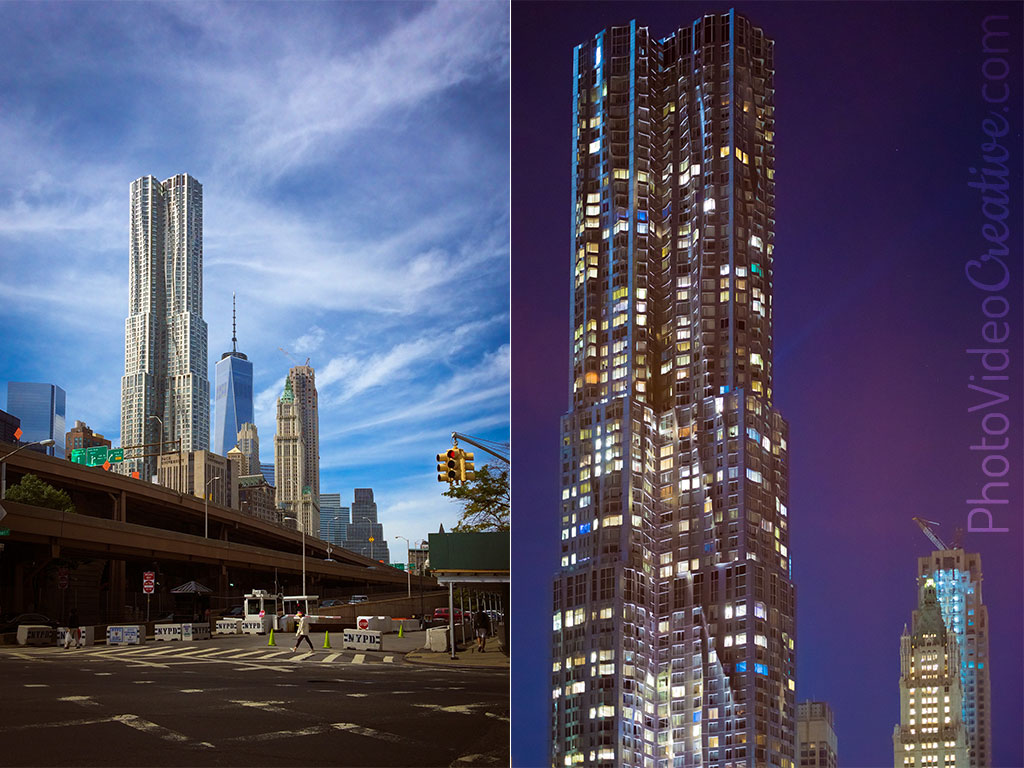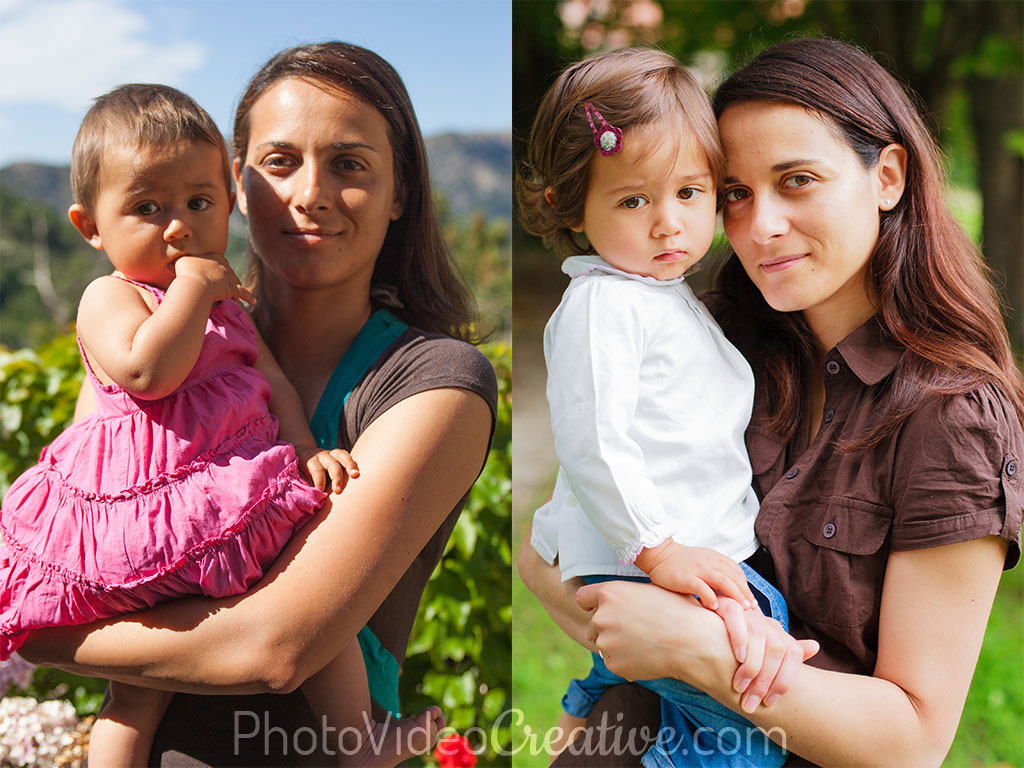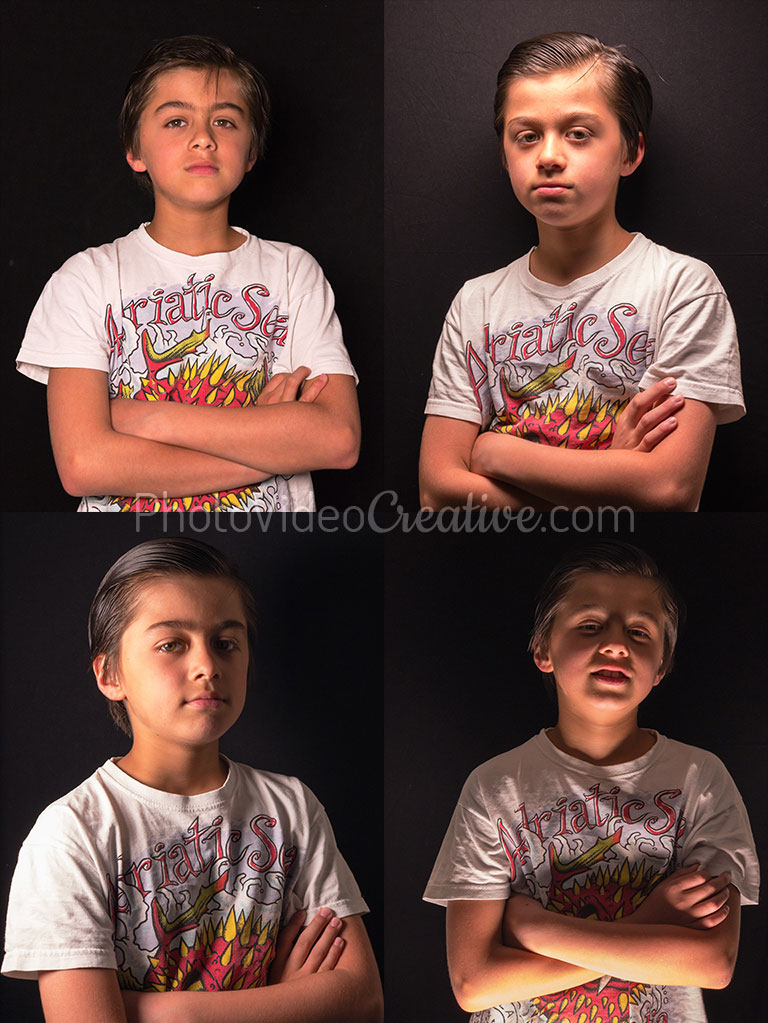You may think that light in photography is something binary: there is light, or no light. In fact, there is not a single kind of light, but multiple declinations. I propose you to explore 6 aspects of light which are to me the most primordial for emotions that you can capture and deliver with your photos.
Introduction

This post is part of my 6-step method to capture and share your emotions in photography. If you have not read them yet, start with:
- Step #1: Mastering Your Subject
- Step #2: Mastering Your Shooting
- Step #3: Mastering Your Composition
What Is Light in Photography?
First of all, light is a type of electromagnetic radiation. It is of the same nature as radio waves, microwaves, infrared, ultra-violet, X-rays, Wifi waves, GSM waves ... The light can be emitted by different light sources: the sun, the stars, the fire, an incandescent, LED or gas bulb... As a radiation, light is both a waveform that has a frequency (like the FM frequencies of your radio) and a particle which carries energy: the photon.
Our eye catches only part of the possible frequencies of electromagnetic radiation, just like an FM radio only receives 88 MHz to 108 MHz. This is our visible range of electromagnetic spectrum. Our eye and our brain associate with each electromagnetic frequency a color. Thus, in our visible range of the spectrum we see colors ranging from red to purple, going through yellow, green and blue: the famous colors of the rainbow.
The photography is therefore the use of a support (a film or a sensor) that will record all photons that get into its contact. The medium uses chemical or physical technologies to capture only the visible range of the electromagnetic spectrum. Photons oscillating at different frequencies, the medium is either able to record all their different colors (color film or sensor), or only their brightness intensities (black and white film or sensor).
The Most Expressive Lights for Your Emotions
Now that you have a better understanding of the nature of light, let's see how its variants generate emotions. In each description, I will only highlight the most obvious emotions, but you can feel emotions either more subtle and nuanced, or more sophisticated and complex. My goal is that you better understand the influence that light has on your emotions when shooting.
Click on the following different aspects of light to understand their nature and their effects on your emotions :
- Direct Light / Diffuse Light: the effects of shadow and contrast on your emotions
- Directional Light: different light positions for different emotions
- Day Lights / Night Lights: the spectrum of lights throughout the day and their associated emotions
- Natural Light / Artificial Lights: the contrast of various color temperatures and emotion stimulations
- Warm Light / Cold Light: white balance interactions with emotions
- Single Light / Multiple Lights (soon): introduction of subtlety and complexity with light for your emotions
Were you aware of these different types of light? What kind of light have you never used in your photos? What type of light do you think you will experiment during your next shooting? Leave me your comments, I will answer with pleasure.
Let's Go On Together!
Learn how to learn how to photograph with my 6-step method to make your photos first with your emotions. An intuitive approach that does not drown you with techniques, but focus on you and what you are feeling!
Explore the different steps of my method:
- Step #1: Mastering Your Subject
- Step #2: Mastering Your Shooting
- Step #3: Mastering Your Composition
- Step #4: Mastering the Light (this post)
- Step #5: Mastering Your Development
- Step #6: Mastering Your Presentation (soon)
Do not miss my future posts to better capture and share your emotions in picture: subscribe to my newsletter and get my free eBook!
Do you like what you've learned? Share this article with your loved ones!




